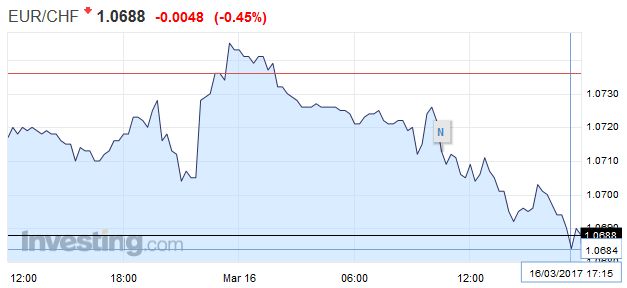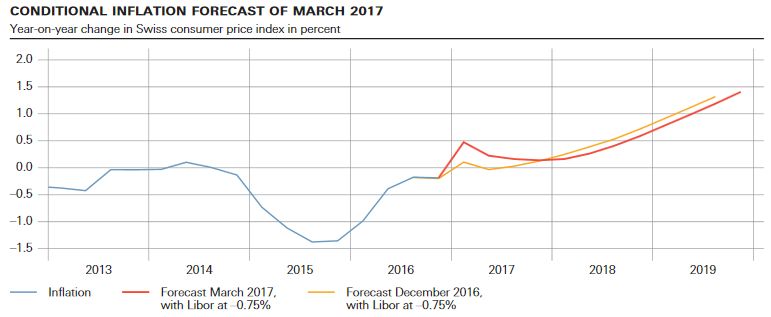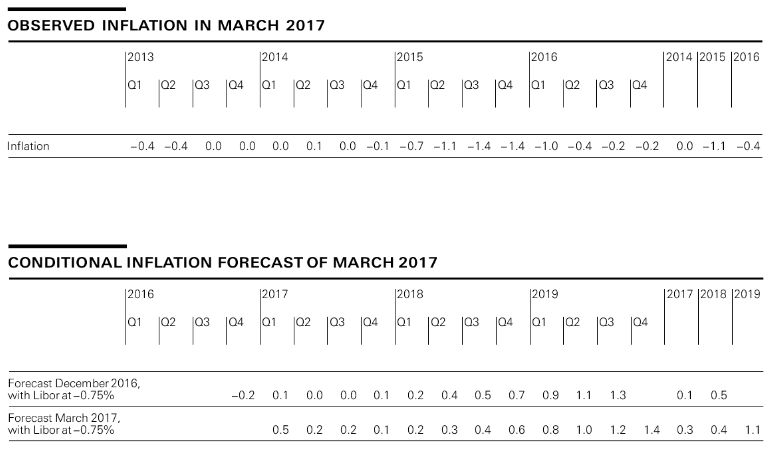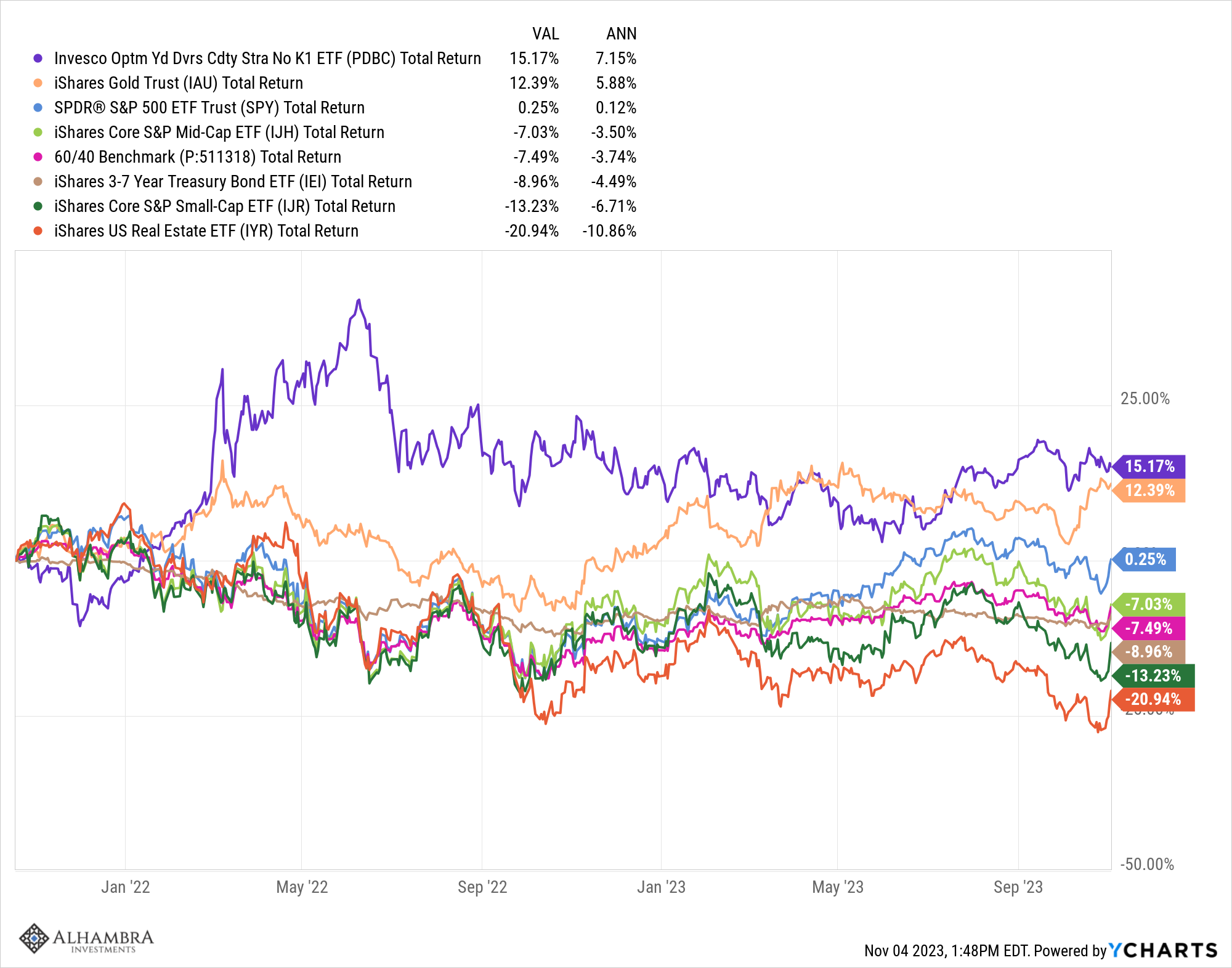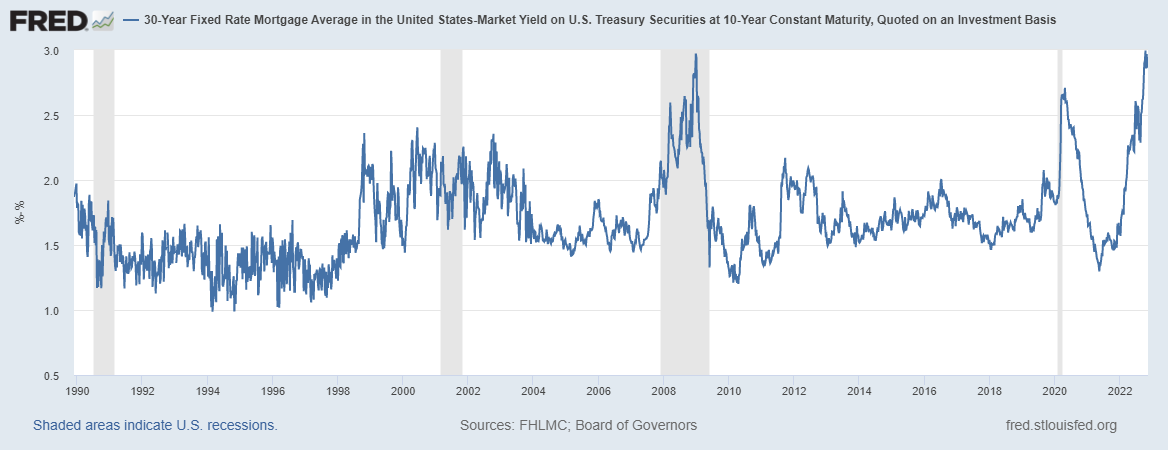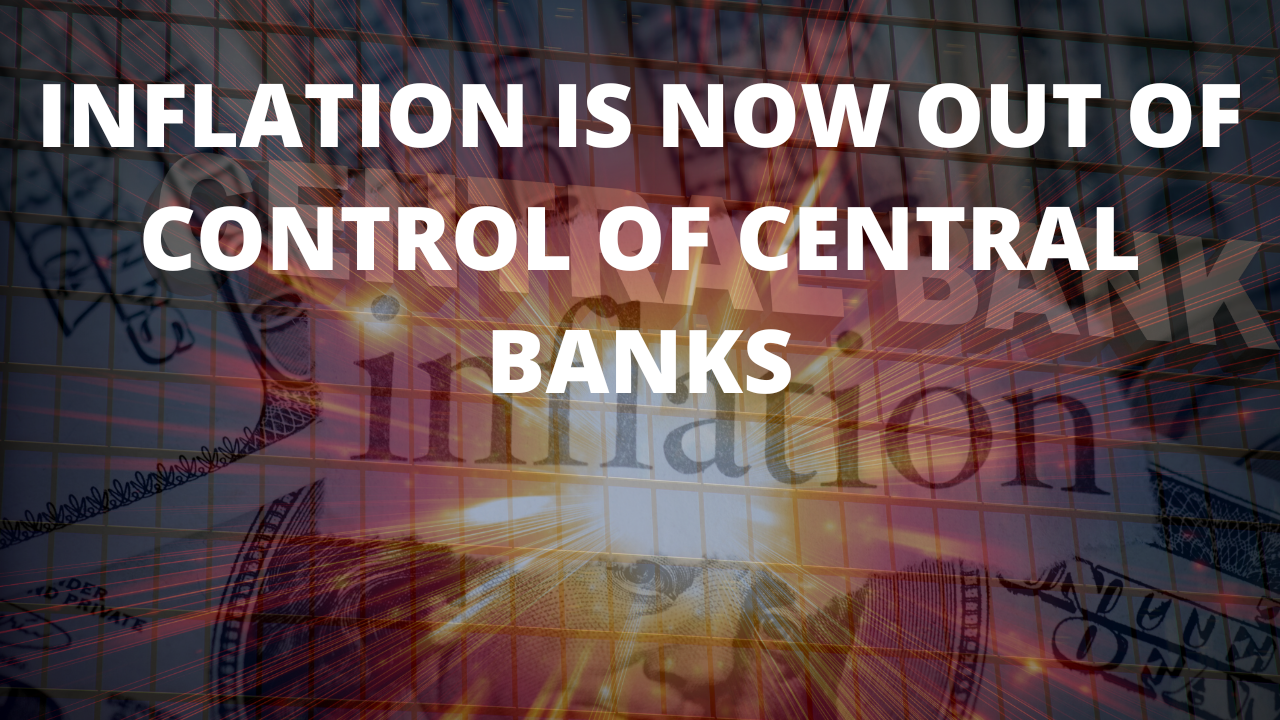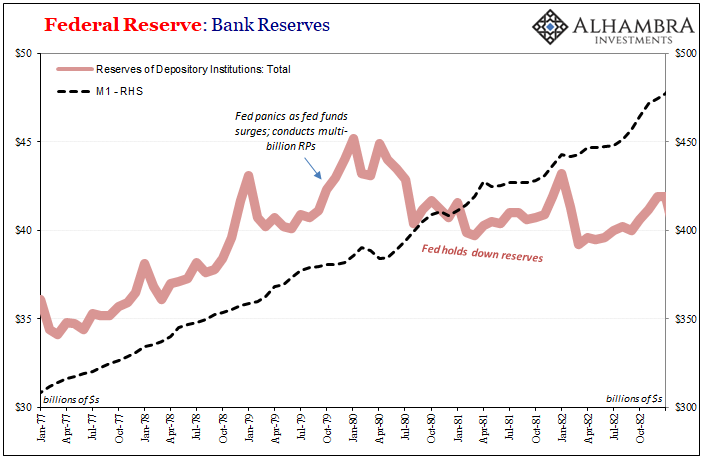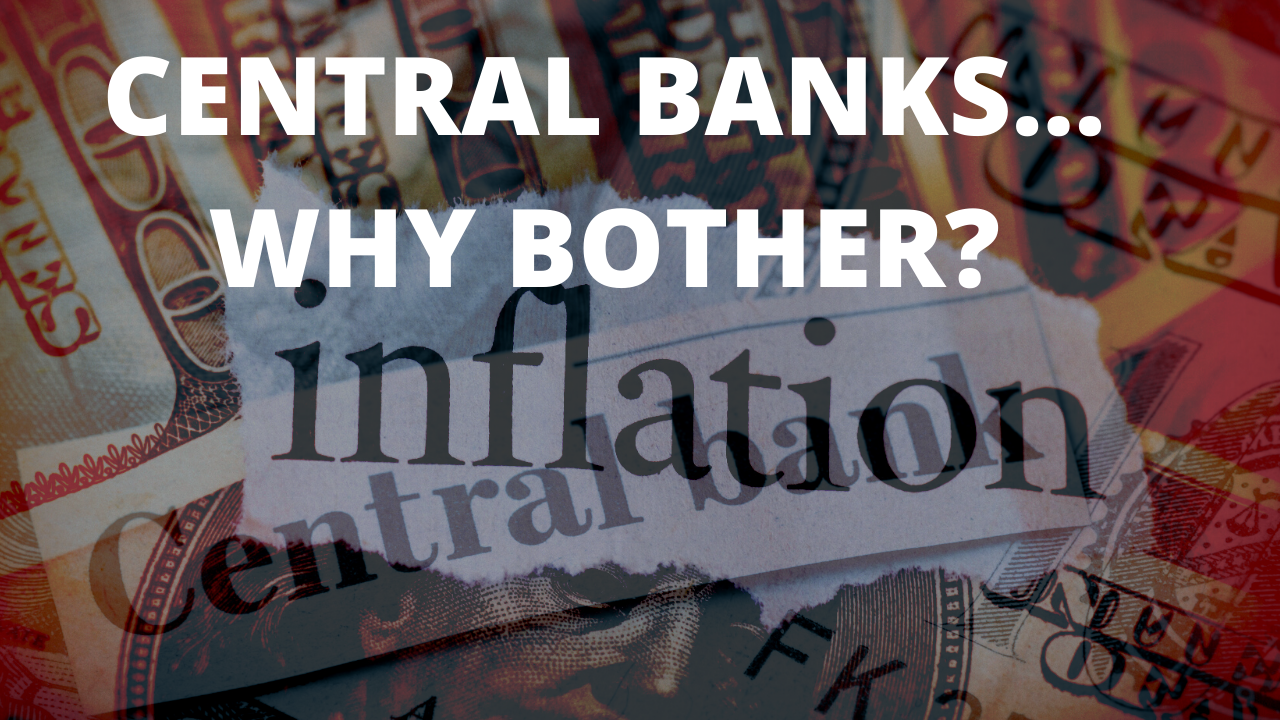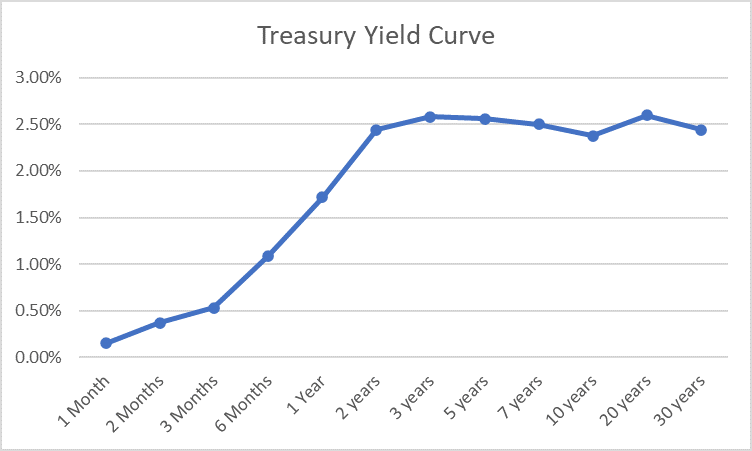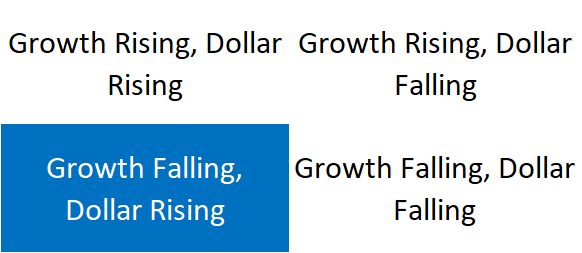Indicators available at the beginning of the year suggest the outlook for the global economy will continue to improve. Industrial activity and international trade especially have picked up. While the SNB expects international economic developments to remain positive in 2017, itsbaseline scenario for the global economy is still subject to considerable risks. Chief among these are political uncertainty with respect to the future course of economic policy in the US, upcoming elections in Europe, and the complex exit negotiations between the UK and the EU.
In Switzerland, fourth-quarter GDP growth was lower than expected. According to an initial quarterly estimate, GDP grew – as in the third quarter – at an annualised rate of just 0.3%. However, a more extensive analysis of the available economic indicators points to an ongoing moderate recovery in the final months of the year; developments on the labour market support this view. Although the seasonally adjusted unemployment rate remained stable, the number of people out of work declined slightly from August onwards. Discussions with company representatives conducted by the SNB’s delegates for regional economic relations also suggest a moderate improvement of the economic situation.
Given favourable economic developments internationally, the outlook for Switzerland’s economy is cautiously optimistic. Overall, the SNB continues to expect GDP growth of roughly 1.5% for 2017. Nonetheless, the for ecast for Switzerland, too, is marked by considerable uncertainty emanating from international risks.
Growth on the mortgage and real estate markets remained fairly constant at a relatively low level in the fourth quarter of 2016. At the same time, the slowdown in price momentum in the residential property market continued. Imbalances on the mortgage and real estate markets nevertheless persist. The SNB will continue to monitor developments on these markets closely, and will regularly reassess the need for an adjustment of the countercyclical capital buffer.
